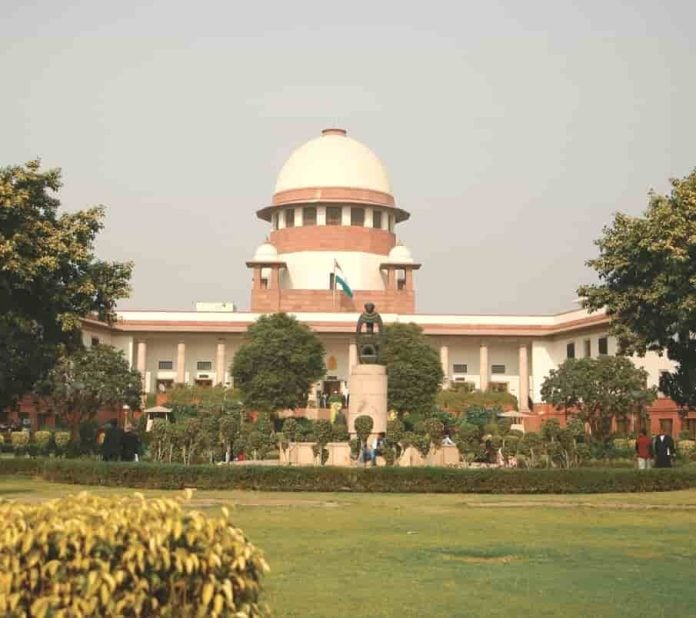The Supreme Court has decided to hear on Friday, a petition filed by the makers of the controversial film ‘The Kerala Story,’ which challenged the West Bengal government’s decision to ban the movie in the state.
The matter was mentioned by Senior Advocate Harish Salve before the Bench of Chief Justice of India D.Y. Chandrachud and Justice P.S. Narasimha on Wednesday, seeking urgent listing.
The CJI had initially listed it for hearing on May 15, since the plea challenging the Kerala High Court’s refusal to stay the exhibition of the film was listed for hearing on Monday.
However, the Senior Counsel requested for an earlier date, stating that the producers were losing money everyday due to the ban. Another state was contemplating banning the movie, added Salve. The CJI then agreed to hear the petition on May 12.
The plea further sought protection for screening the film in Tamil Nadu, alleging that the movie was facing a ‘shadow ban’ in the southern state.
West Bengal Chief Minister Mamta Banerjee had declared on May 8 that the state has banned the screening of The Kerala Story under Section 6(1) of the West Bengal Cinemas (Regulation) Act, 1954, in order to ‘avoid’ any incident of ‘hatred and violence,’ as well as to ‘maintain peace’ in the state.
The makers of the movie moved the Supreme Court against the ban invoking Article 32 of the Constitution. The petition by the filmmakers contended that the state government had no power to ban a movie, which has been certified for public viewing by the Central Board of Film Certification (CBFC).
It further said that citing law and order issues to stop the screening of the movie by the West Bengal government amounted to violation of the fundamental rights guaranteed to the petitioners under the Constitution.
They further challenged the validity of Section 6(1) of the West Bengal Cinemas (Regulation) Act, 1954 on the grounds that it was conferring arbitrary and unguided powers to the state.


